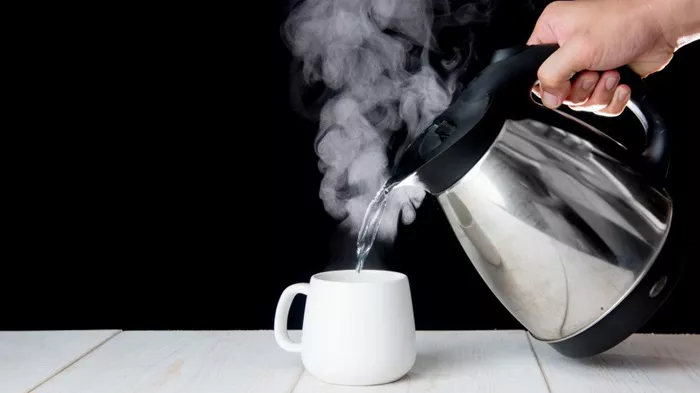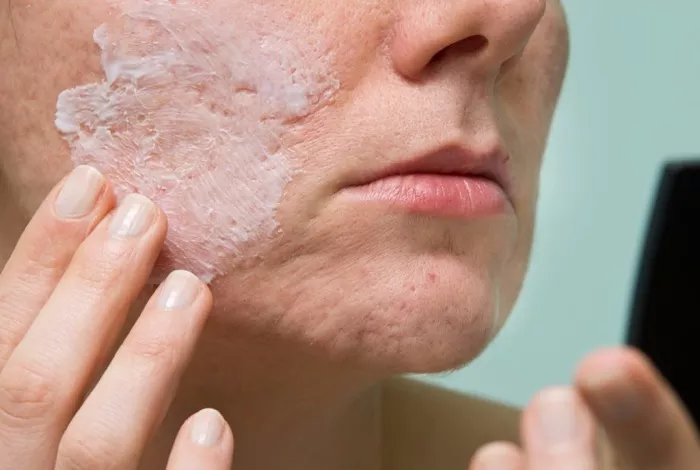Bipolar disorder, often shrouded in misconceptions and stigma, is a complex mental health condition that affects millions of people worldwide. In this article, we’ll break down the fundamentals of bipolar disorder in simple terms, exploring its symptoms, causes, diagnosis, and treatment options. By gaining a better understanding of this condition, we can work towards reducing stigma and providing support to those affected by it.
What is Bipolar Disorder?
At its core, bipolar disorder is a mental health condition characterized by extreme mood swings that include emotional highs (mania or hypomania) and lows (depression). These mood swings can vary in intensity and frequency, impacting a person’s ability to function in their daily life. Bipolar disorder is often referred to as a “mood disorder” due to the significant impact it has on a person’s emotional state.
Types of Bipolar Disorder: There are several different types of bipolar disorder, each with its own set of symptoms and characteristics. The most common types include:
Bipolar I Disorder: This type of bipolar disorder is characterized by manic episodes that last for at least seven days or are severe enough to require hospitalization. Depressive episodes may also occur, lasting for at least two weeks.
Bipolar II Disorder: In bipolar II disorder, a person experiences both depressive episodes and hypomanic episodes, which are less severe than full-blown manic episodes. Hypomanic episodes do not typically require hospitalization.
Cyclothymic Disorder: Cyclothymic disorder involves periods of hypomanic symptoms and depressive symptoms that last for at least two years (one year in children and adolescents). However, the symptoms are less severe than those seen in bipolar I or II disorder.
Understanding Mood Episodes
The hallmark feature of bipolar disorder is the presence of mood episodes, which encompass both manic/hypomanic and depressive symptoms. Understanding these episodes is key to recognizing and managing bipolar disorder effectively.
Manic Episodes: Manic episodes are characterized by an elevated or irritable mood, increased energy levels, racing thoughts, reduced need for sleep, and impulsivity. During a manic episode, a person may engage in risky behaviors such as excessive spending, reckless driving, or substance abuse. Manic episodes can be severe and may require hospitalization to ensure the safety of the individual.
Hypomanic Episodes: Hypomanic episodes are similar to manic episodes but are less severe in intensity. While hypomanic episodes may involve increased energy, productivity, and creativity, they do not typically result in significant impairment or require hospitalization. However, they can still have a noticeable impact on a person’s functioning and well-being.
Depressive Episodes: Depressive episodes are characterized by persistent feelings of sadness, hopelessness, and loss of interest or pleasure in activities once enjoyed. Other symptoms may include changes in appetite or weight, sleep disturbances, fatigue, feelings of worthlessness or guilt, and thoughts of death or suicide. Depressive episodes can be debilitating and may require treatment to alleviate symptoms and prevent recurrence.
Causes and Risk Factors
The exact cause of bipolar disorder is not fully understood, but it is believed to involve a combination of genetic, biological, and environmental factors. Several factors may increase the risk of developing bipolar disorder, including:
Genetics: Bipolar disorder tends to run in families, suggesting a genetic component to the condition. Individuals with a family history of bipolar disorder or other mood disorders may be at increased risk.
Brain Chemistry: Imbalances in neurotransmitters, the chemical messengers in the brain, may play a role in the development of bipolar disorder. Specifically, abnormalities in the levels of dopamine, serotonin, and norepinephrine have been implicated in the condition.
Biological Factors: Certain biological factors, such as changes in brain structure and function, may contribute to the development of bipolar disorder. Research suggests that abnormalities in the prefrontal cortex, amygdala, and hippocampus—the regions of the brain involved in mood regulation and emotional processing—may be implicated in the condition.
Environmental Triggers: Environmental factors, such as stress, trauma, and significant life changes, may trigger the onset of bipolar disorder or exacerbate existing symptoms. Substance abuse, sleep disturbances, and disruptions in circadian rhythms may also contribute to the development of the condition.
Diagnosis and Treatment
Diagnosing bipolar disorder involves a thorough evaluation by a mental health professional, typically a psychiatrist or psychologist. The diagnostic process may include:
Medical History: A detailed medical history, including a family history of mental health conditions, is essential for assessing the risk of bipolar disorder.
Symptom Assessment: The healthcare provider will conduct a comprehensive assessment of symptoms, including mood episodes, sleep patterns, behavior, and functional impairment.
Physical Examination: A physical examination may be performed to rule out any underlying medical conditions that could be contributing to symptoms.
Psychological Evaluation: Psychological assessments, such as interviews and questionnaires, may be used to evaluate mood, cognition, and behavior.
Diagnostic Criteria: Diagnosis of bipolar disorder is based on specific criteria outlined in the Diagnostic and Statistical Manual of Mental Disorders (DSM-5), published by the American Psychiatric Association.
Once diagnosed, bipolar disorder can be effectively managed with a combination of medication, psychotherapy, and lifestyle changes. Treatment options may include:
Medication: Mood-stabilizing medications, such as lithium, anticonvulsants, and atypical antipsychotics, are commonly used to manage symptoms of bipolar disorder. Antidepressants may also be prescribed to alleviate depressive symptoms, but they are typically used in combination with a mood stabilizer to prevent the risk of inducing mania.
Psychotherapy: Various forms of psychotherapy, including cognitive-behavioral therapy (CBT), psychoeducation, and interpersonal therapy, can help individuals with bipolar disorder learn coping skills, identify triggers, and manage stress more effectively.
Lifestyle Changes: Adopting healthy lifestyle habits, such as maintaining a regular sleep schedule, engaging in regular exercise, avoiding substance abuse, and managing stress, can help stabilize mood and reduce the risk of mood episodes.
Supportive Services: Support groups, peer counseling, and community resources can provide valuable support and encouragement to individuals with bipolar disorder and their families.
Hospitalization: In severe cases of bipolar disorder, especially during manic or depressive episodes with psychosis or suicidal ideation, hospitalization may be necessary to ensure the safety and well-being of the individual.
Conclusion
Bipolar disorder is a complex mental health condition characterized by extreme mood swings that include periods of mania/hypomania and depression. While the exact cause of bipolar disorder remains unclear, it is believed to involve a combination of genetic, biological, and environmental factors. With proper diagnosis and treatment, individuals with bipolar disorder can lead fulfilling and productive lives. By increasing awareness, reducing stigma, and providing support to those affected by bipolar disorder, we can work towards improving outcomes and promoting mental health and well-being for all.
[inline_related_posts title=”You Might Be Interested In” title_align=”left” style=”list” number=”6″ align=”none” ids=”6578,6574,6474″ by=”categories” orderby=”rand” order=”DESC” hide_thumb=”no” thumb_right=”no” views=”no” date=”yes” grid_columns=”2″ post_type=”” tax=””]
































